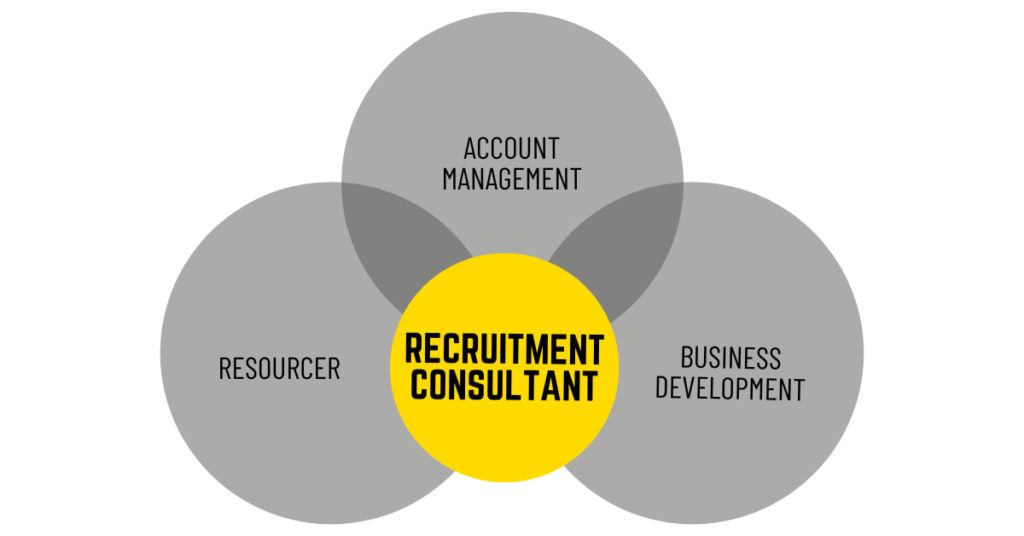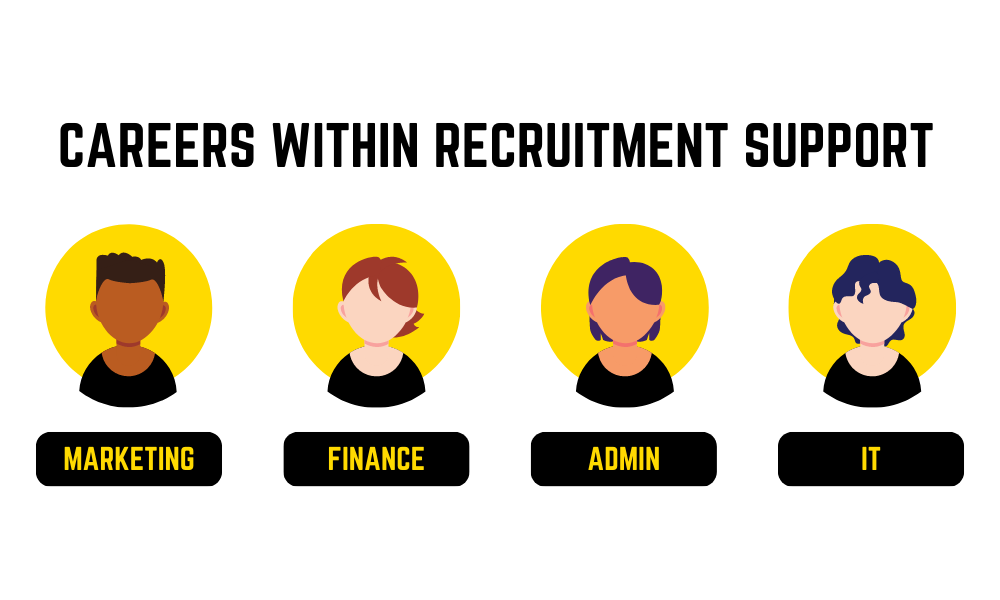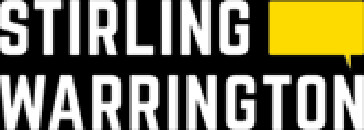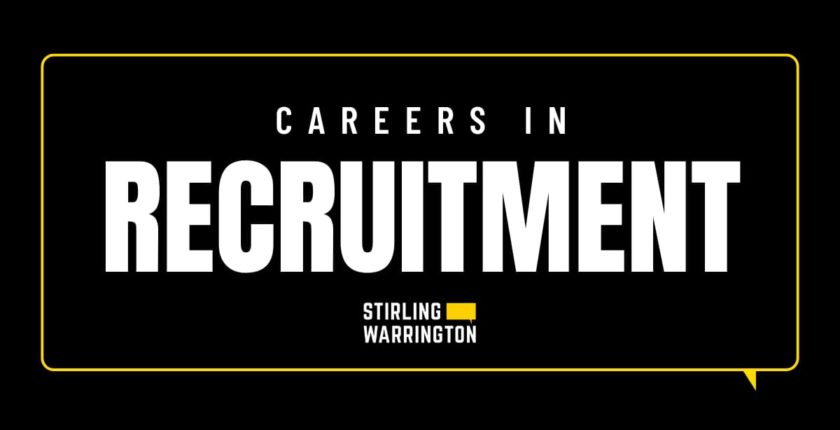Careers In Recruitment
When people talk about how they “fell into recruitment”, it’s often because recruitment isn’t the first industry that comes to mind when thinking about career paths. In fact, for some, it’s the last thing they’d consider.
That’s usually due to two things:
- A perception that recruitment is all aggressive, cold-call sales
- A reputation problem caused by a handful of poor experiences
But there’s more to recruitment than meets the eye. From resourcing and account management to business development and operational support, there’s a range of rewarding careers in recruitment – and they don’t all involve hard selling.
In this blog, we’ll break down the different roles, what they involve, what you can earn, and how your career can progress in the recruitment industry.
Recruitment Account Manager
Salary – £27,000 – £38,000 per annum (+ bonus and commission)
Account Managers are the bridge between clients and consultants. Their job is to build long-term client relationships, support hiring needs, and ensure recruitment services meet expectations.
Key responsibilities:
- Maintain and grow existing client accounts
- Communicate hiring needs to consultants
- Meet SLAs and service standards
- Identify upselling and growth opportunities
What skills are involved in recruitment account management jobs?
Strong communication, negotiation, project management, and relationship-building skills
If you’ve worked in customer success, operations, or client services, you’ll likely have transferable experience.
What is the typical career path for an account manager?
Account Manager → Senior Account Manager → Account Director
Or move sideways into consulting or business development.
Back to the contents or keep scrolling to read more!
Recruitment Resourcer
Salary £22,000 – £26,000 (+ bonuses and commission)
Resourcers focus on finding, qualifying, and engaging candidates. They typically work closely with consultants or managers to help fill roles quickly and effectively.
Key responsibilities:
- Source candidates for live roles
- Build talent pipelines
- Screen CVs and conduct initial interviews
- Maintain candidate databases
What skills do you need to be a recruitment resourcer?
Time management, attention to detail, and excellent communication skills
You’ll need to be comfortable juggling multiple campaigns and working to tight deadlines.
What is the career route as a resourcer?
Often, resourcers are considered an entry-level position in recruitment. So, this really is the starting point for your career in recruitment.
Resourcer → Senior Resourcer → Recruitment Consultant → Team Leader
Back to the contents or keep scrolling to read more!
Business Development
Salary £28,000 – £35,000 (+ bonuses and commission)
Business Development (BD) roles are about winning new clients. The role combines a little of traditional sales (converting leads to buy now) and long-term project planning to attract new customers (which is known as business development).
But it’s not just about cold calling anymore – marketing, LinkedIn presence, and personal branding now play a huge role in BD success.
Key responsibilities:
- Identify and approach potential clients
- Promote your agency’s services
- Build long-term sales strategies
- Analyse market trends and client needs
What skills do you need to be a Business Development Specialist?
Confidence, strategy, market awareness, and resilience.
Sales experience helps, but BD success also relies on strong listening skills and creative thinking.
What is a career in business development?
Like all careers in recruitment, you’ll always be able to go up the ladder. With sales that can mean becoming a senior, team leader or director. However, climbing up the ranks in sales requires more than just phone calls. A career in business development also needs you to assess the market (and the company’s position in it), evaluate the agency’s current service portfolio and then suggest ways to expand the company in the marketplace.
BD Executive → Senior BD → BD Manager → Sales Director
Back to the contents or keep scrolling to read more!
Recruitment Consultant
Salary £25,000 – £30,000 (+ bonuses and commission)
This is one of the most well-known careers in recruitment. The recruitment consultant.
To put it simply, recruitment consultants find people and match them to the clients. Consultants manage both client and candidate relationships – matching the right person to the right job, while balancing business development and candidate care.
Key responsibilities:
- Win and manage client accounts
- Write job adverts and source candidates
- Interview and assess applicants
- Manage offers and placements
This career in recruitment combines all three roles that we’ve just discussed, the Venn diagram below demonstrates how they connect and how you can transfer between them all.

360 vs. 180 Recruitment Consultants
You’ll hear of two types of recruitment consultants. 360 and 180.
- 360 Consultant: Manages the entire recruitment process, from client acquisition to placement. Delivering an all-encompassing service that covers new business development, candidate attraction + selection and service reviewing.
- 180 Consultant: Focuses on candidate attraction and delivery, with some client relationship management (but no new business development). But this isn’t the same as a Resourcer as there is still an element of client relationship management.
What is the typical career path for a Recruitment Consultant?
The natural progression route for this job is to become a Senior Recruitment Consultant. They’ll typically have similar responsibilities, but with more experience in their sector, hiring practices, and a track record for success.
Consultant → Senior Consultant → Team Leader → Manager
And that takes us to management…
Recruitment Manager
Salary £35,000 + (can increase significantly with bonuses)
If you’re a recruitment consultant who has mastered the fundamentals and want to manage people. The final stage of this career in recruitment will be a Manager. This can be as a Team Leader, Manager or Director.
Recruitment Managers might continue billing (handling their own clients) or take on a more people-focused role.
Key responsibilities:
- Lead and support a team of consultants
- Set targets and monitor performance
- Oversee strategy, training, and operations
- Continue billing (in some roles)
Becoming a recruitment manager
If becoming a recruitment manager is one of your career goals, then you need to start prepping for this stage sooner rather than later. You don’t need specific qualifications in order to become a manager, even though some articles will say that you need a degree in HR or similar fields. It really isn’t needed.
This is because becoming a recruitment manager is more about having the right skills or experiences and the right attitude. So, start trying to foster a management mindset sooner focusing on:
- Leadership – so that’s your reliability, empathy, patience and decision-making skills.
- Overall business knowledge – from Finance through to marketing
- Strategic Thinking and Problem Solving
- And all of the normal skills you need to be a recruitment consultant.
If you start demonstrating these skills earlier in your career, it will help you to climb the recruitment career ladder. To help you develop these skills, you can join an association like the Recruitment and Employment Confederation (REC), get yourself on training for example ILM courses or network and find yourself a mentor!
Back to the contents or keep scrolling to read more!
Recruitment Support
Salaries vary massively depending on role
When you think of recruitment, you’ll always think about the careers above. However, behind every great recruitment agency is a strong operations and support team. From compliance and payroll to marketing and admin, these roles are vital to agency success.

Typical roles include:
- Recruitment Administrators
- Marketing Executives
- Compliance Officers
- Payroll and Finance Assistants
- Systems or Data Support
Each of these roles has its own challenges. However, all must be able to keep up with the fast-paced nature of the industry and cope with both the highs and the lows that recruitment brings.
Like with the other careers in recruitment, the progression for support roles can lead you all the way through to management. It really just depends on the agency you join and its growth plans. So it’s worth digging deeper into the long-term business strategy to see how your career can grow with them.
Back to the contents or keep scrolling to read more!
In Summary
There are more careers in recruitment than most people realise. Whether you love sales, people, planning or process – there’s a role in recruitment that will suit your strengths.
It’s a fast-paced, high-reward industry that lets you make a real difference in people’s lives. And while it’s not always easy (especially in the early days), if you stick with it, the rewards (both financial and personal) can be huge.
However, our industry isn’t for the faint of heart. Especially in the first 6 months of your career. So, we’d always recommend that you do thorough research into what working in recruitment in like.
To help you understand what careers in recruitment are like, we’ve created a bunch of content around this. Sharing our teams experience and career journey since joining the industry. You can check it out in our ‘Careers In Recruitment’ Playlist on YouTube. We also have a couple of episodes on our podcast (The Recruitment Aversion), that focused on your first 6 months and what to look for in an agency. So, listen to those on Spotify!
Careers at Stirling Warrington
We’re always on the lookout for great people. Whether you’re starting your first role in recruitment or looking to take the next step in your career.
At Stirling Warrington, we offer structured progression, continuous training, and a supportive culture where people genuinely grow. Don’t just take our word for it: Watch our team’s career journeys.
To see what life at Stirling Warrington is like, check out the join our team page!

